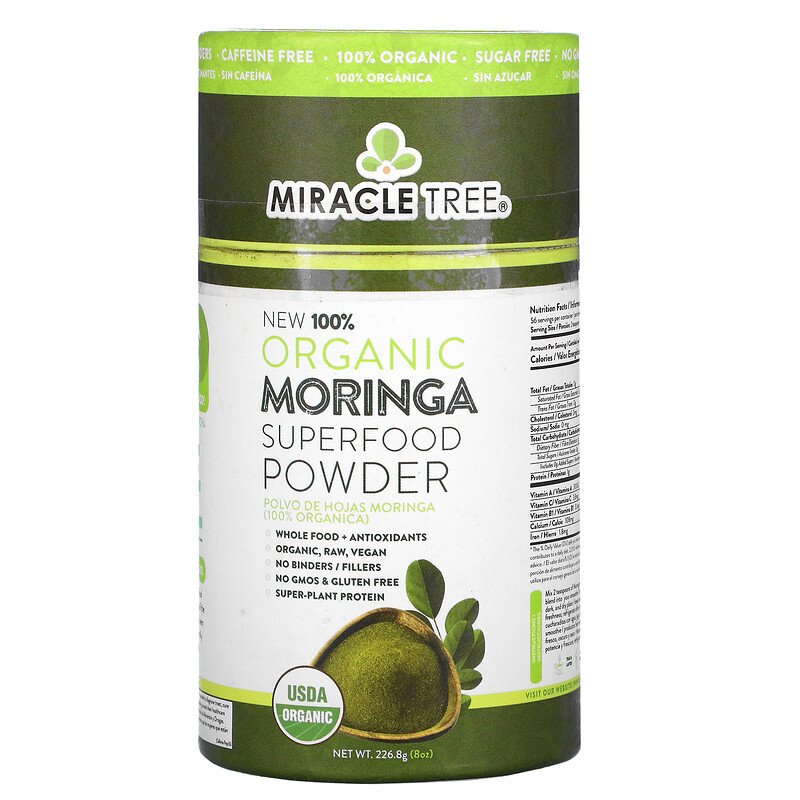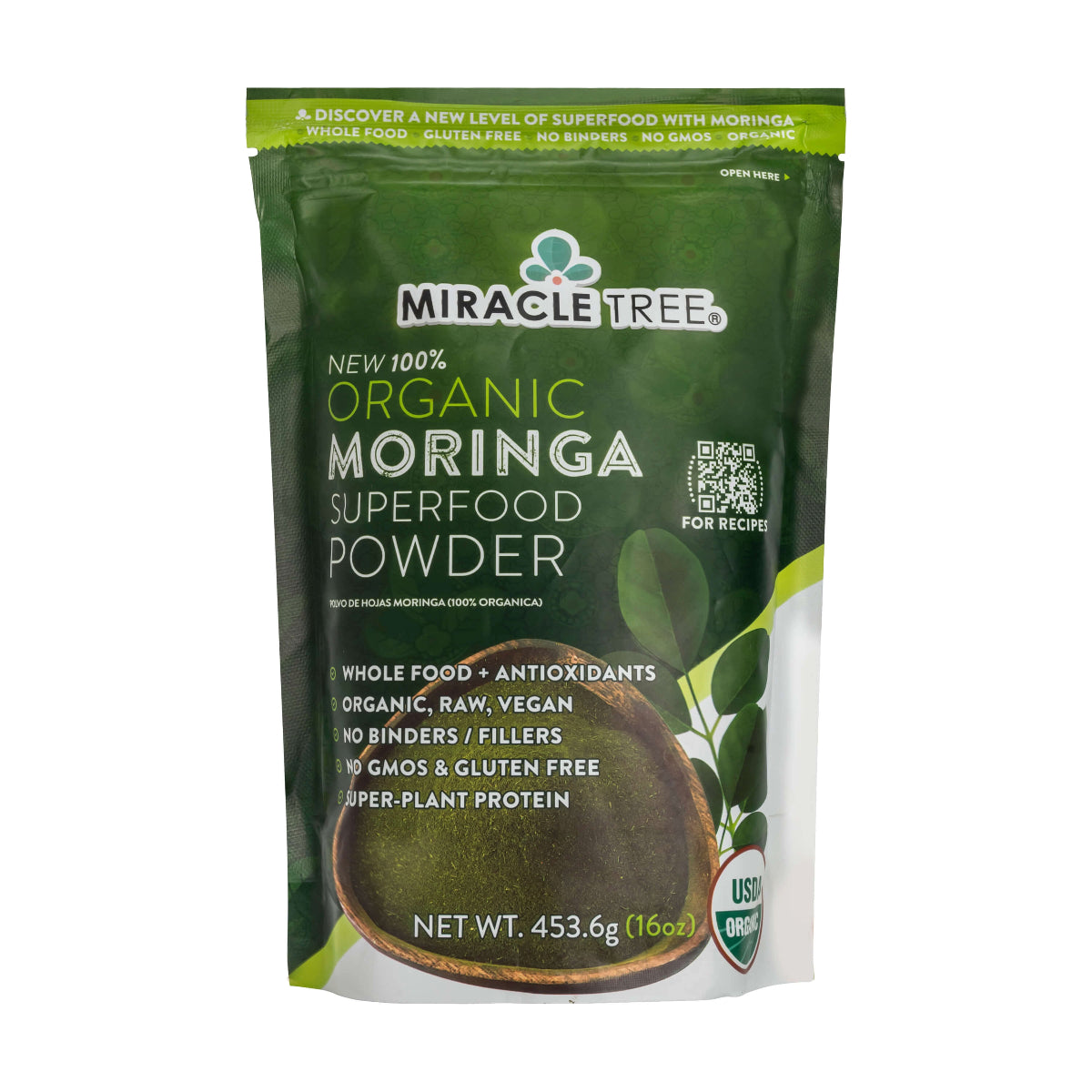Iron is a vital mineral in our body. But why is iron important for our body? It is essential for the proper function of hemoglobin, a protein needed to transport oxygen in the blood. The deficiency of iron can lead to anemia, which is a very common condition that affects about four to five million Americans annually.
But how do you know if you are anemic? These are the major signs of anemia:
- Feeling tired
- Problems breathing
- Dizziness
- Headache
- Feeling cold
If you are anemic, add iron-rich foods into your diet or take iron supplements. Here’s a list of foods that you can consume to maintain your iron levels:
- Liver
- Red meat
- Beans, such as red kidney beans, edamame beans and chickpeas
- Nuts
- Moringa
- Dried fruit, such as dried apricots
- Fortified breakfast cereals
- Soybean flour
Why is iron important?
Are you wondering why iron is important for your body? Many essential bodily functions, including overall strength and concentration, digestive functions, the immune system and regulation of body temperature are preserved by iron. Here are some of the top benefits of iron:
Help manage fatigue
Do you often feel tired? You must consider increasing your iron intake to fight off fatigue. But why is iron important for fatigue? Iron is essential for mental and physical performance because it transports oxygen to the muscles and brain. Even if a person is not anemic but has a low ferritin level, iron may help manage their inexplicable fatigue (an indicator of iron stores). During their reproductive years, women are more prone to this. So, daily iron supplements are recommended to lessen tiredness.
Improves cognitive levels
According to research, your cognitive levels drop with iron deficiency. Therefore, you may experience a loss in concentration and attentiveness. Your concentration and cognitive performance can be improved by restoring iron levels to a healthy range.
Improved athletic performance
As opposed to people who do not lead an active lifestyle, athletes, particularly young female athletes, are more likely to experience iron deficiency. Athletes with iron deficiencies perform worse on the field and have less robust immune systems. Hemoglobin deficiency can significantly affect performance during physical activity by reducing the body's capacity to provide oxygen to the muscles. Regular iron supplements or incorporating iron-rich superfoods like moringa into your diet can improve athletic performance.
Healthy pregnancy
Do you want to know why iron is important during pregnancy? When pregnant, blood volume and red blood cell production increase significantly to provide the developing fetus with oxygen and nutrition during pregnancy. As a result, the demand for iron also increases. While the body usually absorbs the most iron during pregnancy, an iron deficiency can arise from low iron consumption or other factors that impact iron absorption. This results in an increased risk of premature birth and low birth weight, as well as low iron stores and impaired cognitive or behavioral development in infants. Since iron helps the immune system, pregnant women with low iron levels are also more susceptible to illness. For a healthy pregnancy, all pregnant women should take 30 to 60 milligrams (mg) of iron supplements, regardless of their iron levels.
Why should you take moringa for iron?
If you are struggling with iron deficiency, add moringa into your diet. People who suffer from anemia, a disorder that causes low levels of iron in blood cells, benefit from moringa's high iron content. Additionally, moringa differs from other iron supplements—it helps facilitate your body's easy absorption of additional iron. Raising your body's iron levels can also boost energy and decrease fatigue.
Miracle Tree® products are not intended to diagnose, treat, cure, or prevent any disease. While there is promising research currently evaluating moringa and other similar products, we rather focus on their nutritional qualities.







